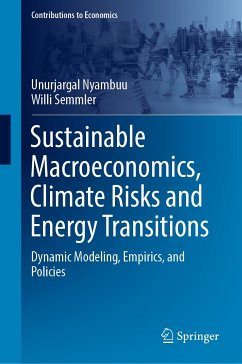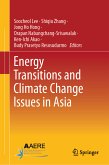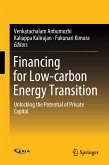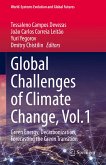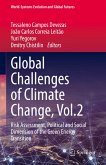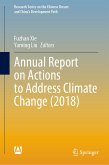- The book presents empirical trends in the use of carbon-emitting resources and evaluates market-driven short-termism and its adverse impact on resource use and the environment;
- It attempts a paradigm shift towards a framework of sustainable macroeconomics providing empirical and numerical analyses of recent climate-economy models, empirical estimations, and diverse macro policy options and implementations
- New analytical issues are also considered, e.g., strategic behavior in the energy and resource sectors, energy competitionand the dynamics of market shares in new energy technology
- The authors suggest a multitude of market-based strategies and public fiscal, monetary, and financial policies, and longer-run planning for resource extraction - all serving sustainable growth and a transformation of the energy sector and dealing with the tipping points encountered in climate change
- The book also examines the multiple delaying forces slowing the transition to a low-carbon economy; these typically arise from short-termism, lock-ins, irreversibility, leakages, non-cooperative games, and other political strategies, explaining the slow implementation of climate policies
The book, complementary to macroeconomic textbooks, appeals to scholars and students of economics and environmental science. It is also relevant for policymakers and practitioners in multilateral institutions, research institutions as well as governments and ministries of countries interested in climate economics, alternative energy sources, and energy policies.
The book fills an important gap on... dealing with the path to greenhouse gas neutrality from a macroeconomic point of view. -Ottmar Edenhofer, Director of the Potsdam Institute for Climate Impact Research and Professor at the Technical University, Berlin, Germany.
Dieser Download kann aus rechtlichen Gründen nur mit Rechnungsadresse in A, B, BG, CY, CZ, D, DK, EW, E, FIN, F, GR, HR, H, IRL, I, LT, L, LR, M, NL, PL, P, R, S, SLO, SK ausgeliefert werden.
Hinweis: Dieser Artikel kann nur an eine deutsche Lieferadresse ausgeliefert werden.

